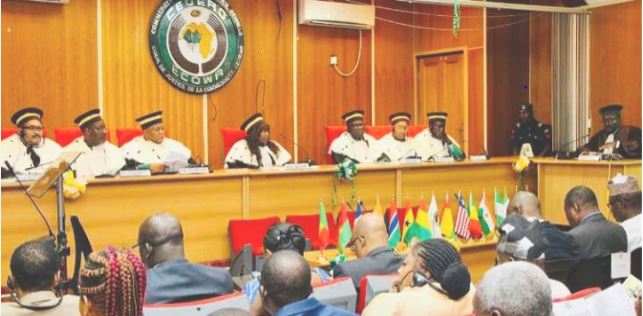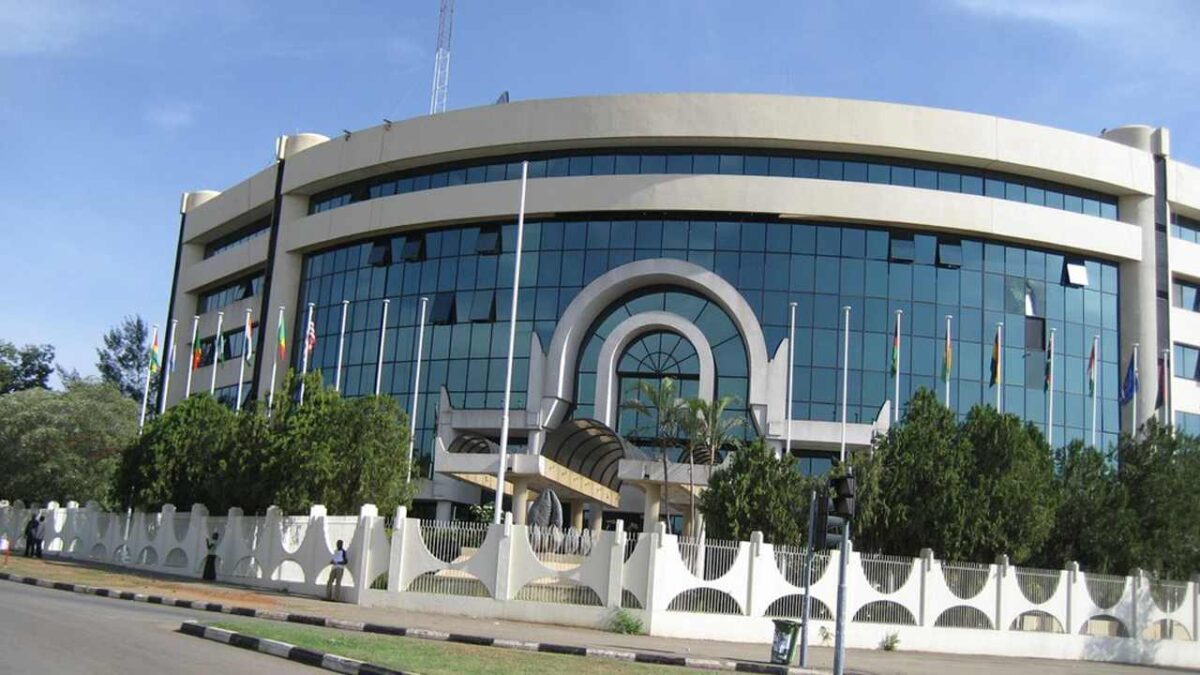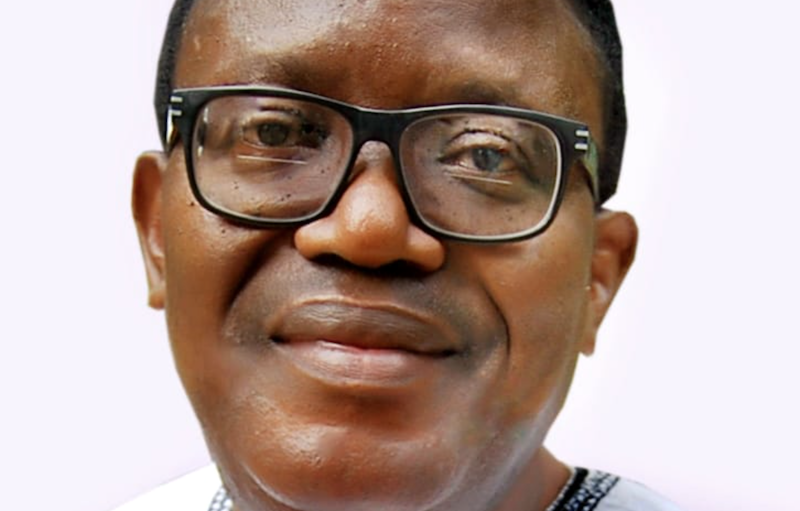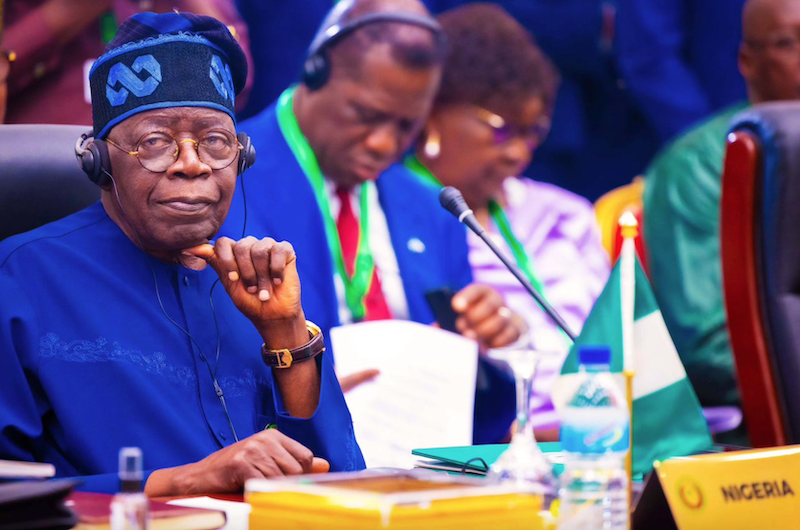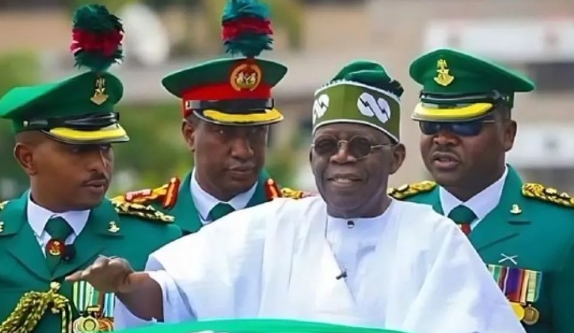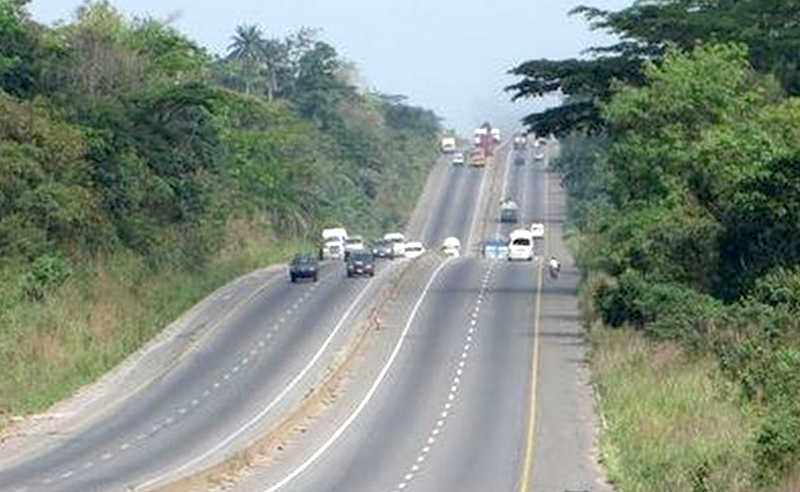The highlight of the Economic Community of West African States, ECOWAS, Authority of Heads of State and Government Summit of December 15, 2024, was the formalisation of its break up. Three of the 15-Member countries, Burkina Faso, Mali and Niger Republic which are now ruled by military regimes, had given notice of withdrawal.
Some of us had hoped that while ECOWAS would acknowledge the three countries’ notice, it would stall for a political solution. It should be a very serious issue for even one country to leave, not to talk of three which is one fifth of the entire membership.
Unfortunately, the Heads of State went technical and formalised the withdrawal. They ruled that in accordance with Article 91 of ECOWAS Revised Treaty of 1993: “The three countries will officially cease to be members of ECOWAS from 29th January 2025.”
The fact that only seven of the 15 Heads of State attended the summit, did not dissuade it. Apart from the three, Guinea, another country ruled by the military, did not attend, Sierra Leone was represented by its Vice President, Togo and Benin sent Ministers, while Cape Verde sent its ambassador in host country, Nigeria.
To concretise the break up, the summit directed the ECOWAS President “to launch the withdrawal formalities after the deadline of 29th January…”
It then directed the ECOWAS Council of Ministers to convene an Extraordinary Session during the second quarter of 2025 “to consider and adopt both the separation modalities and the contingency plan covering political and economic relations between ECOWAS and the Republic of Mali, the Republic of Niger and Burkina Faso.”
After taking these definitive and far- reaching decisions, the Heads of State added an interesting resolution: “The Authority decides to set the period from 29th January 2025 to 29th July 2025 as a transitional period and keep ECOWAS doors open to the three countries.”
So why shut the windows and doors in the first place? Why didn’t the Presidents delay their decision to formalise the break up by this six-month period? Is this decision an indication of confusion, a revelation of internal contradictions or a tacit admission of guilt by ECOWAS for pushing these countries to the exit door by making the military invasion of Niger its first option rather than dialogue?
The reality is that the decision of the three countries to exit the ECOWAS is primarily due to its gross mismanagement of the July 26, 2023 coup in Niger Republic. Rather than dialogue with the coup plotters, ECOWAS, buoyed by Western powers, immediately declared war.
At its extra ordinary summit on July 30, 2023, that is four days after the coup, ECOWAS Heads of State read the riot act to the new leaders in Niger.
They ordered the immediate surrender of power and reinstatement of former President Mohammed Bazoum, closure of land and air borders between ECOWAS countries and Niger; institution of ECOWAS no-fly zone on all commercial flights to and from Niger; suspension of all commercial and financial transactions between ECOWAS Member States and Niger. They also ordered a freeze of utility services, assets of the Republic of Niger in ECOWAS Central Banks and commercial banks, and suspension of Niger from all financial assistance and transactions.
The ECOWAS leaders gave Niger one week within which to comply or they would “take all measures necessary to restore constitutional order in the Republic of Niger. Such measures may include the use of force…”. They then ordered the activation of the ECOWAS Standby Force to “restore constitutional order in Niger”.
Four days later, the ECOWAS Defence Chiefs met to work out invasion plans which they approved at their August 17, 2023 meeting in Accra, Ghana.
Western powers openly revealed that they were behind the planned invasion. The German Foreign Ministry in a statement declared: “Our goal is to restore the constitutional order.” French Foreign Minister Catherine Colonna also gave Niger an order to either handover power or face invasion by ECOWAS.
However, Guinea, Mali and Burkina Faso rejected the invasion plans. The last two on August 18, 2023 issued a statement that: “Any military intervention against Niger would be tantamount to a declaration of war against Burkina Faso and Mali.” The groundswell of opposition, including by the Nigerian people which shares borders with Niger and whose government was leading the invasion plan, led to its abortion. The three countries mainly out of protest, then gave notice of their withdrawal from ECOWAS.
Given this background, ECOWAS was this week, too quick to formalise the separation. This is more so when behind the powdered face it displayed at its summit, the regional body is all battered. Apart from the three that are leaving, another member, Guinea, also run by the military, is clearly in bed with them. This may have been responsible for its absence at the ECOWAS Summit.
Three of the remaining eleven- member countries are run by civilian coup plotters who have subverted the constitutions of their countries and are running authoritarian regimes no different from military regimes except that they wear suits rather than military fatigue.
In Guinea Bissau, President Umaro Sissoco Embalo, a retired General, in May 2022 carried out a coup and dissolved parliament. In new parliamentary elections on June 4, 2023, he again lost. So, on December 4, 2023 he executed a second coup, dissolving parliament and subordinating the judiciary to his rule. This remains the situation.
President Alssane Dramane Ouattara of Cote d’Ivoire after exhausting his two terms in office, illegally awarded himself an unconstitutional third term. Ivoriens who protested this illegality were murdered on the streets.
President Faure Gnassingbe organised his first coup in 2005 after his father, Eyadema, a veteran coup plotter, died. After serving three terms in office, he got the Togolese constitution changed in order to have two extra terms in office which would end in 2030 by which time he would have been Togolese President for 25 years. Who knows, he may yet try to equal his father‘s record who imposed himself as president for 38 years.
So, today, seven of the 15 ECOWAS Heads of State, are coup plotters. Therefore, a primary task of ECOWAS is not to decide which coup plotters are acceptable and which are not. Rather, it needs a general restructuring in favour of democracy and a people-oriented regional body.
ECOWAS also needs to align itself with the basic principles of sovereignty. It should know that its endorsement of the West African Gas Pipeline Project otherwise called the Nigeria-Morocco Gas Pipeline Project, is criminally illegal as the pipeline passes through Western Sahara without the consent of that country which is a brother country of the African Union, AU. At 49, ECOWAS is no longer a baby.
